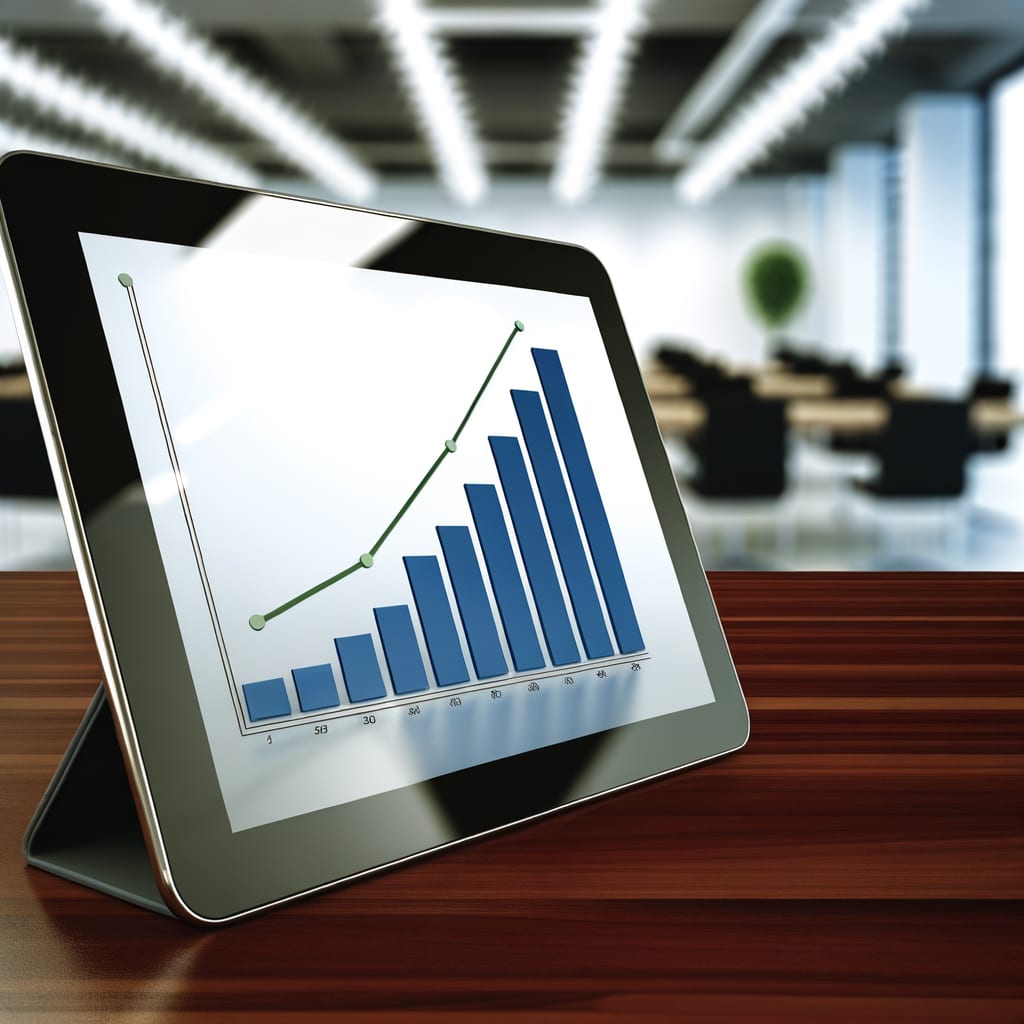US Inflation Accelerates as Trump's Tariffs Begin to Impact Prices
US inflation rose in June as President Donald Trump's tariffs started to show in prices, according to multiple reports. This comes amidst rising concerns over the impact of the President's trade policies on the global economy, with comparisons being drawn to inflation crises in countries like Turkey and Hungary.
The Tariff Effect
The Consumer Price Index (CPI) increased 2.7% from a year ago, as reported by the New York Times. This increase is the highest in five months, as stated by Al Jazeera English. The tariffs, which have been widely criticized by business leaders, are said to force companies to raise consumer prices. After a period of stability in the spring, prices started increasing in May and continued to rise in June, according to The Guardian.
However, Bloomberg Agency offered a counterintuitive perspective, suggesting that the impact of tariffs on inflation might not be as definitive as some suggest, according to Corriere della Sera. Wall Street's opening moves appeared to reflect this optimistic view, with boards showing an increase following the inflation data announcement.
A Global Impact
The inflation rise has not been confined to the US. Brazilian products are reportedly contributing to the inflation increase in the US, even before tariffs come into effect, according to Folha de S.Paulo. Similarly, the dollar's rise in June has reportedly not yet affected prices, but there are concerns about what may happen in July, as per Clarin.
Donald Trump's tariffs are also causing worries in other parts of the world, with the President threatening to impose a 35% tariff on Canadian goods and announcing new tariffs on the European Union (EU), as reported by BBC News.
Reactions and Implications
Despite the accelerating inflation, the White House celebrated the figure, stating it was as expected. However, new data suggests that price increases could foreshadow higher costs if the President proceeds with plans to impose steep tariffs in August, as reported by the New York Times.
In Argentina, the government is taking measures to contain the pressure in the market due to the dollar surpassing $1,300, according to Clarin. Luis Caputo, the Central Bank Governor, accused banks of pressuring the dollar and causing a rise in rates.
Looking Forward
With the global markets reacting to the increasing inflation and the ongoing trade wars, the future remains uncertain. Critics argue that tariffs, considered a 'normal' tool of economic policy in the 1800s, fit poorly with today's much more interdependent world, as noted by La Repubblica. As the world watches the unfolding events, the mystery of American inflation and the effect of tariffs continues to be a topic of heated debate.

